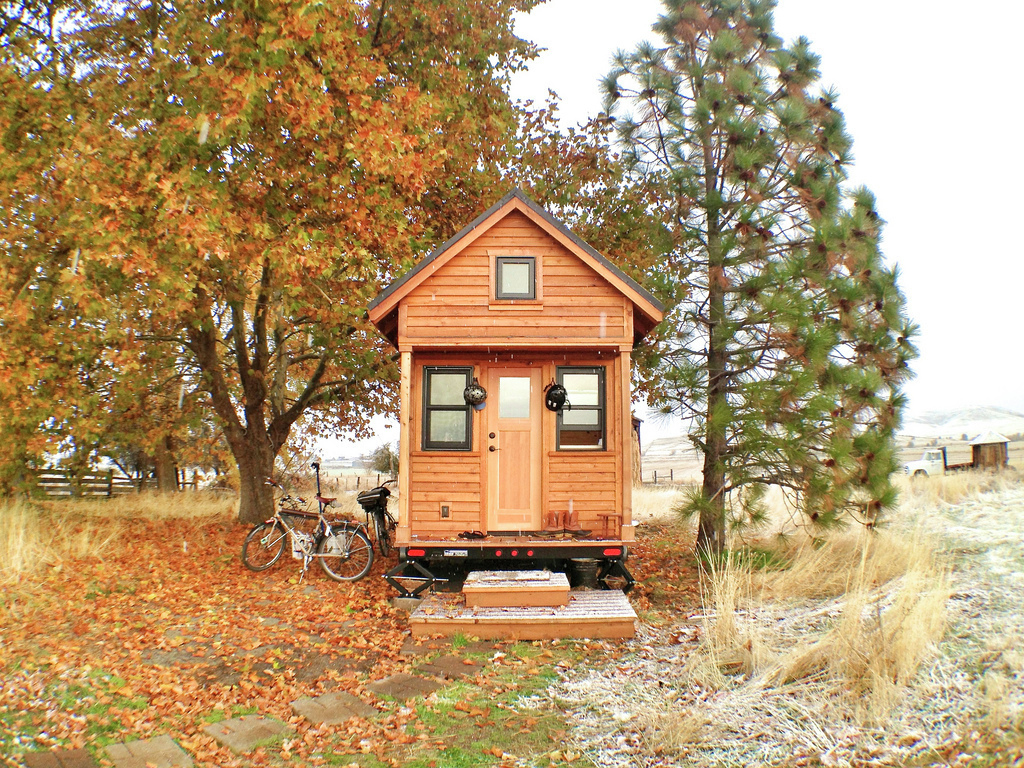Tiny House Living: A Way of Life
Tiny House Living has been on the rise in recent years. People are looking for more sustainable ways to live, which is one way they can do it. Learn about what Tiny Houses are, how much they cost, who should consider them, and the benefits of living in one!
Why a Tiny House
A Tiny House is a house that’s smaller than 300 square feet. Some areas are small as 16ft by 13 ft, which is still bigger than an Outback Steakhouse bathroom! However, it might be possible to live in even less space if you’re willing to get creative.
Why would you want to live in a Tiny House? Here are some of the top reasons.
It’s Cheaper – Because they’re smaller, it costs less money for materials and less rent or mortgage payments! They also don’t require as much power to heat/cool because there aren’t as many square feet. This makes it cheaper to run as well.
It’s More Sustainable – Since they’re smaller, it takes less energy to heat and cool them. They also tend to be more efficient when it comes to using solar power. It is much easier for homeowners who have tiny houses to catch rainwater which can then be used in their homes!
They Get You Outdoors – With less space, you tend to spend more time outdoors. This can be great if you love the outdoors! Also, it makes for a good way to exercise because everything is within reach and there isn’t much room for anything else (like TV).
Accessory Dwelling Units – A Way to Live Small for the Future
Many people want the freedom of owning their own home without all the responsibility and expense. This can be especially hard for young adults trying to make a living on their workout financially. Living tiny presents one solution: they call them Accessory Dwelling Units (ADUs) or granny flats. These are small houses that can be built on the side of or behind your existing home. They’re designed to blend in with their surroundings, but an ADU will have everything you need to live in them.
The Pros of Living in a Tiny Home
Many people think that living tiny means you have to live without bathrooms, kitchens, and even bedrooms. Indeed, some tiny homes are glorified camping trailers with the bathroom separated from the bedroom for lack of space. However, there are more modern designs that have a bathroom, kitchen, and even bedroom.
The biggest pro about living tiny is affordability. When your home is small, it’s cheaper to build. This means you pay less for the land and structure itself. Also, because they are smaller than traditional homes, your utility bills will be reduced dramatically, reducing costs there as well!
The Cons of Living in a Tiny Home
Some cons go with living tiny, too, though. First off, not everyone can afford to live independently, even if they want to try out this lifestyle. If you have kids or pets who need more room outdoors, they might feel restricted by such tight quarters, especially since most tiny houses don’t include any yard space. Also, daily life becomes very different when everything has its place already built-in storage can become tricky depending on how creative a person wants to be.
The Tiny House Movement is quickly gaining steam in the United States, with many people jumping on board to live a life of simplicity. You might not know about this movement how it’s affecting our mental health and well-being as we age. It turns out that living smaller may be just what seniors need to stay active and healthy for longer periods. If any of these ideas intrigue you, look into building one today.



